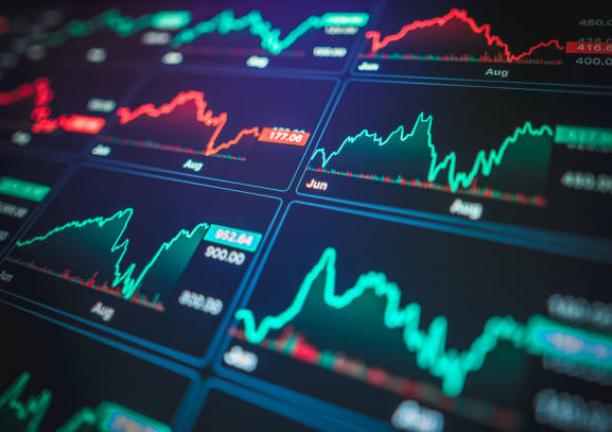Defining the Watch Status of Sustainable Funds – Some Added Consideration
As interest in sustainable funds grows, attention is increasingly focusing on ESG portfolio management approaches, policies and guidelines. Much of this attention is on clarifying the standards and metrics used by managers to evaluate the ESG quality and related risks of fund investments. This is in part, complicated by the dynamic and changing character of ESG factors. Further, the possibility that some ESG factors may have less defined relationships with a fund’s financial (risk-return) mandate, is an impedance to be addressed.
For plan sponsors, fiduciaries and trustees, platform ‘gatekeepers’, and other investors, such information is core to evaluating, overseeing, and determining the ‘watch status’ of their sustainable fund selections. It also means that they must take into consideration factors that traditionally haven’t been part of funds’ financial risk-return mandates and fiduciary concerns.
This does not mean that these ‘traditional’ areas of fiduciary analyses which include; investment performance, risk and style, and portfolio management consistency are any less important when determining the watch status of sustainable funds. It does, however, suggests that with sustainable funds there may be uniquely defined ESG-related mandates and specialized portfolio oversight concerns that if not met, may be the basis for watch listing, regardless of risk-return results.
In the following sections, we identify the watch listing “red-flags” that we believe to be most important when conducting oversight of sustainable investment funds. We’ve identified these flags for different sustainable investment management approaches. Admittedly, each investor or fiduciary may weigh some of these considerations as more important than others, but we feel that those identifies below serve as a representative starting point.
Watch Flags for Different Sustainable Management Approaches Negative (“Exclusionary”) Screening
· Changes to a manager’s exclusionary standards, weightings, criteria, or screening process.
· Adding or (especially) deleting an industry/sector or specific company to a fund’s exclusionary screen.
· Inconsistencies in making changes to the management screening process or its application, especially when measuring the degree of adverse ESG impacts.
· Including or excluding an industry/sector or company inconsistent with the current or anticipated ESG “values” of the fund’s investors.
· Material variations in industry/sector or company concentration and related tracking error, especially during selected market phases.
Thematic or Impact
· Inconsistencies by the managers when establishing sustainability themes – does the portfolio process focus on themes that are at odds with each other in some way or simply contradictory?
· Changes made to the fund’s thematic tracking benchmarks and performance targets.
· Failure to consistently abide by and meet established progress benchmarks and/or correct for deviations.
ESG-Integration
· Changes to the sustainability component of the manager’s process, investment guidelines, analysis protocol, ESG risk factors and weightings.
· Changes to the manager’s overall investment process, particularly how and when ESG factors are taken into account, and their importance to the portfolio’s allocations and investment selections.
· Changes to company or investment selection ESG quality scoring criteria, data sources, and other inputs — if applicable, changes by 3rd party providers.
Engagement/Proxy Voting
· Changes in engagement actions including; the objective of actions, number of actions, and level of portfolio management’s interaction or involvement with a company.
· Changes in the portfolio manager’s decision process for instituting an engagement action including; their engagement policies, guidelines, and decision-makers (committee, etc.).
· Changes in proxy voting guidelines or responsibilities.
Summary: Concerns for All Sustainable Management Approaches
There may be other considerations that could lead to the watch listing of a sustainable manager and fund. Moreover, there is likely to be watch list flags listed above that apply across management approaches.
As discussed earlier, one such consideration is to define how different ESG-related watch flags and their risk exposures are rated with respect to the ‘traditional’ investment performance factors and mandates. Should they be given a higher weight than traditional risk-return factors; be on an equal footing; or be given a lower level of importance? This could vary depending upon the nature of the flagged ESG concern – some may be of lesser importance to the fund’s investors and generally, toward meeting the portfolio’s overall mandate.
For investment managers, their product development and distribution support staff, this places heightened importance on thoroughly understanding their sustainable fund investor client base’s ESG beliefs and values. It especially requires that this understanding be recognized by the fund’s portfolio management and incorporated into their process. In addition, the fund’s disclosures must clearly and thoroughly communicate this process. This ‘message’ must be consistent across the fund organization, and especially among product development and distribution groups.





